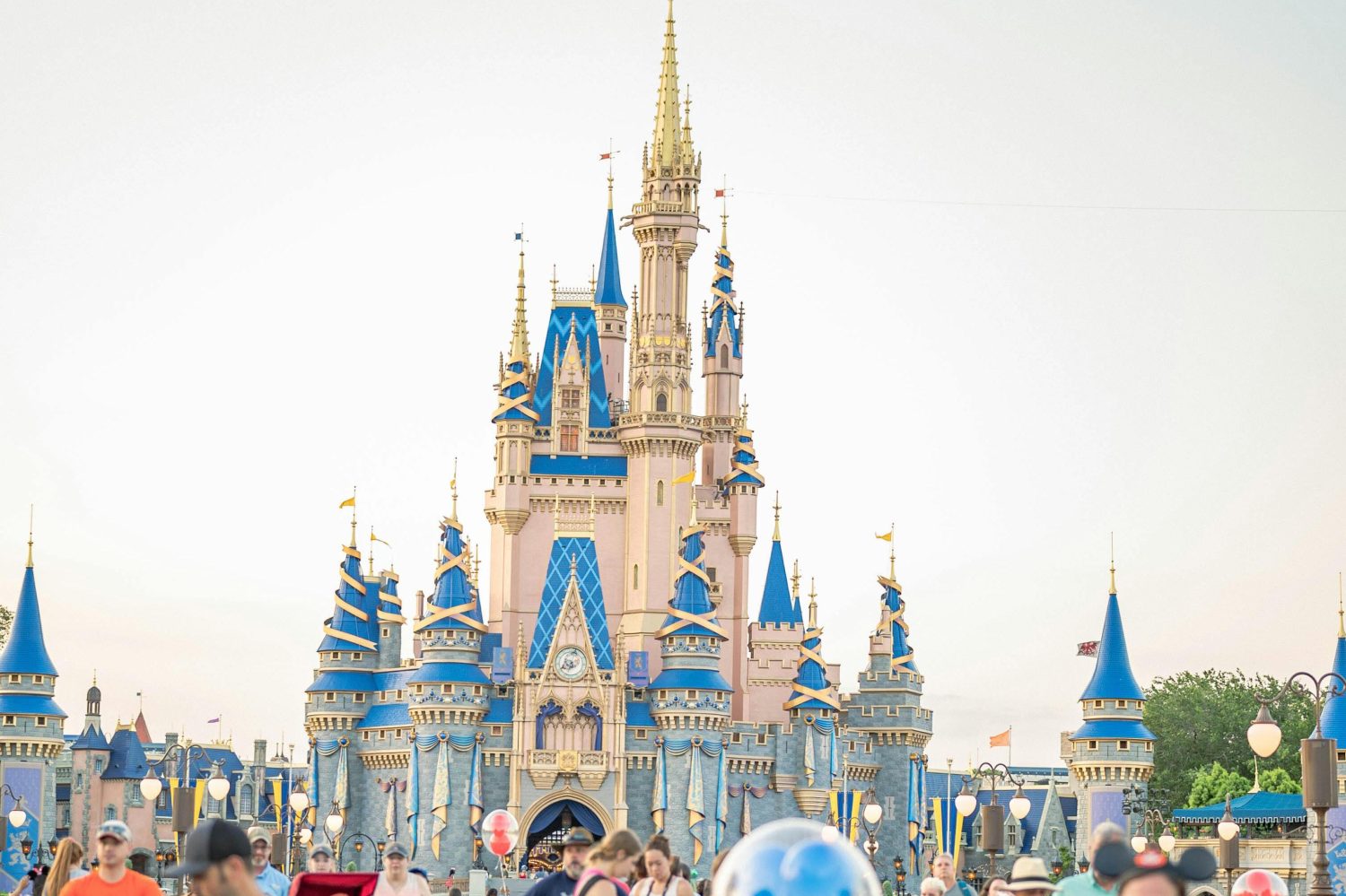At the beginning of January, 10 days after the onset of the new Covid-19 pandemic, China reported a draft genome of the Coronavirus pandemic that unleashed in Wuhan.
People around the world were worried about China's lack of transparency regarding the one-month-old virus outbreak. The researchers on the tasks felt a sigh of relief after what seemed like a sleek performance on their part.
Following this publication, vaccine developers embarked on finding an antidote as the disease began spreading—the first vaccine candidate was submitted to human trials on March 16. As days turned into months, more people turned up as candidates for the vaccine trial.
Scientists were euphoric over the fact that they had broken their immunization records. This was through the recombinant genetic technology responsible for enabling quick progress in vaccines' development against Covid-19.
However, political influence began pressuring vaccine developers to produce a viable solution fast for the dwindling economy. This has, in turn, led to reports of short-cuts, dirty tricks, and unprofessional risky decisions in the coronavirus vaccine race. All this for political gain and monetary profits. Supreme governments around the world are pushing the issue too hard. This serves as a reminder that this is an intense international competition.
Discovering the Covid-19 vaccine is a major sought-after victory in the field of medicine since the last ice age. Even with the expected health and life-redeeming benefits, the main aim is not to save lives but the fame and validation for those who achieve.
Is the Race for Covid19 Vaccine all About Politics?
In an interview, Lawrence Gostin, professor of global health law at Georgetown University, says, "I have never seen the political stakes for a medical product being so intense. The reason the Covid-19 vaccine has taken on such political symbolism is that the superpowers have seen the vaccine as a way of protecting their scientific prowess, actually validating their political system as superior."
However, Russia's certification to produce the Sputnik vaccine has led the world to be concerned about corner-cutting the right process. It takes years of vaccine research and testing. This is so to prove that an antidote is safe and effective in producing better immune responses.
Oppositions to the Flu vaccine
Given the Covid-19's impact and the desire for this nightmare to end, taking short-cuts would be expected. Nevertheless, failing to test the vaccine fully and hurrying to put it out could make people overconfident.
Besides, there'll be ignorance of the safety measures hence catapulting the spread of the virus. Production of successful vaccines requires a series of antibody testing to avoid severe side effects. If not, this can end up inciting anti-vaccination movements.
For most vaccine developers, this is a commercial investment, and it involves international collaborations. Nonetheless, governments view them as a prestigious symbol of nationalism. It's also a great tool to evade criticism from the people about how they handled the situation. The people's perception of how their government has dealt with the pandemic is driving countries to be specifically competitive for a vaccine.
Being an election year, Trump's rule is under immense pressure. In May, President Donald Trump announced to Americans that hundreds of millions of Covid-19 vaccines would be available by the end of the year. "It's called Operation Warp Speed. That means big, and it means fast." the U.S president said. Achieving this will clearly be a scientific miracle. The fastest vaccine ever produced in history was the mumps vaccine in 1967, and even that took four years.
The UK administration is also in the race to produce an effective vaccine. This is to salvage the reputation of its government's rule, which is also under fire. According to their health secretary, Matt Hankock, Britain has always preceded other countries on vaccine development. The UK, just like many other countries, is rushing to establish the Corona vaccine. It is set to purchase other vaccines if proven fruitful.
Coronavirus Vaccine Nationalism
Countries, including the United States and the UK, have signed multi-billion-dollar contracts with acclaimed pharmaceutical companies. This is for the assured reserve of millions of doses that they themselves are racing to produce for Covid-19 treatment.
The contract means that if these companies succeed in producing a safe and competent vaccine, they are duty-bound to provide the agreed supply of doses to these countries.
The concern towards vaccine nationalism arises because these in advance agreements are probable to cause unavailability of the vaccine to other parts of the globe that don't have the finances to stake on enterprises whose favorable outcome is not even guaranteed.
It is also important to consider that not all candidates will come out on top. Therefore, for the ones who succeed, the demand will be very high. Especially from those who have signed clauses using a lot of money. Due to this, the prices of the vaccine will go up. This makes it hard for the less fortunate countries to acquire the required number of vaccines.
Attempted Interventions
On 18th of August, the head of the World Health Organization appealed to the affluent countries to consider sharing options of the vaccines with the poorer nations. During the announcement, he said, "We need to prevent vaccine nationalism.'' This is because some nations may be tempted to offer vaccines to other countries as a way of strengthening diplomacy to gain favor and support. The director of the global health program Dr. Thomas Bollyky said, "Every government with early supply will ultimately keep some of those supplies for a form of diplomacy."
The prudent thing to do is to ensure that the vaccines are first and foremost made available to those who need them the most. According to research, the people on the front line include global health workers responding to emergencies, those suffering from the corona flu, the elderly, and those with underlying conditions, expectant women, and other vulnerable population groups. These people are the ones who should be given first access to the treatment, but that is not the case.
All the more, experts say that this is not a race to determine who will get to the finish line first. Moreover, making it to the market, the earliest does not automatically mean that the produced vaccine will be the most effective.



